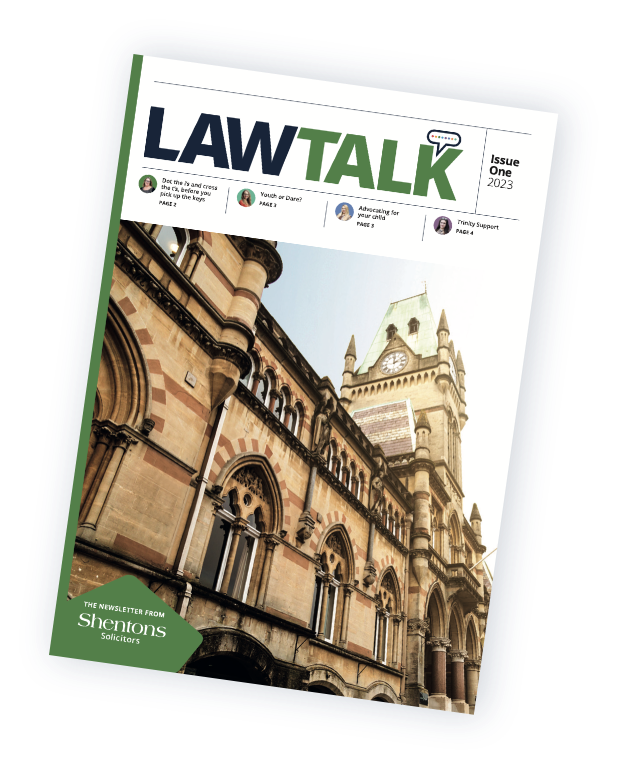Partner, Elisabeth Pollard, gives us the run down on Inheritance Tax.

Inheritance Tax (IHT) is payable on the value of your estate when you die. If your estate is worth less than the “nil rate band”, which is currently £325,000, there is no Inheritance Tax to pay. If your estate is worth more than £325,000 then IHT is charged at 40% of the value that exceeds £325,000.
If you are married or in a civil partnership, things are a bit more favourable; if you have chosen to leave all of your assets to each other on the first death, your Executors will be able to claim ‘surviving spouse exemption’ which should mean no IHT will be payable upon the death of the first spouse.
When the surviving spouse dies, IHT will be payable at 40% of the value of their estate which exceeds the nil rate band of £325,000, however, in addition, it should be possible to carry forward the ‘transferable nil rate band’ of the first to die. This would add an additional £325,000 meaning the first £650,000 of the estate of the second to die will pass free of IHT.
If you have children and you are leaving your home to them in your Will, your Executors may be able to claim the ‘residence nil rate band’. This will provide an additional nil rate band of £175,000, provided your direct descendants inherit your residence. Contact us for more information about who falls into the category of ‘direct descendants’.
For a married couple or a couple in a civil partnership the residence nil rate band of the first to die can be transferable. Therefore, for a married couple leaving a residence to children, the potential nil rate bands could amount to £1,000,000 meaning that Inheritance Tax would only be payable if the estate on the second death exceeded this value.
Anything you leave to charity passes free of Inheritance Tax by virtue of “charitable exemption”.
A way to mitigate Inheritance Tax may be to give some of your wealth away in your lifetime. A gift is a ‘potentially exempt transfer’ for Inheritance Tax and provided you survive 7 years after giving it away its value will no longer form part of your estate for Inheritance Tax purposes.
We can advise you in more detail, and based on your personal circumstances. Contact a member of our Probate Team – Elisabeth Pollard, Patrick Hunter, Lisa Warriner, Katie Wood or Laura Keith.
All our latest news, articles, interviews, tips and more.
